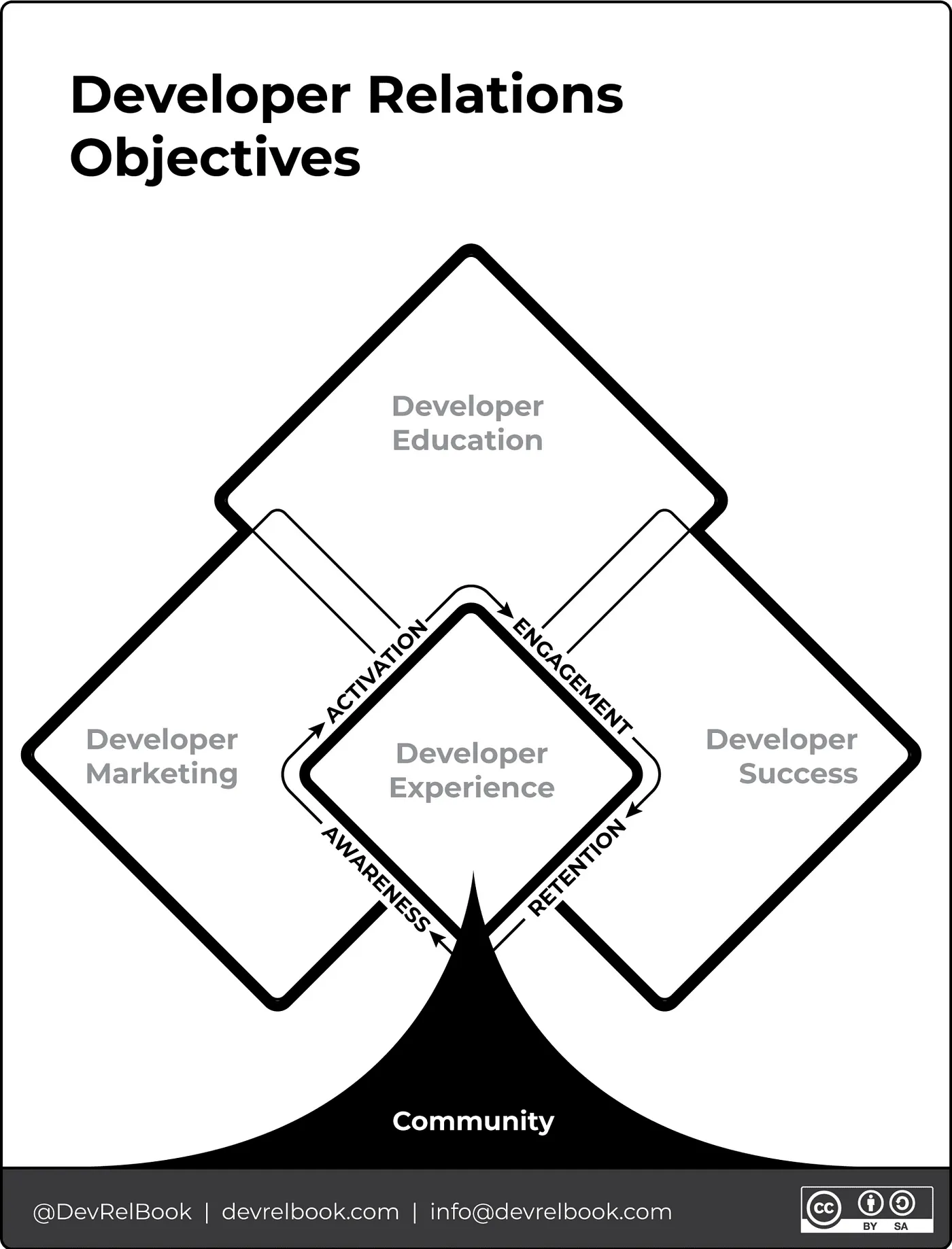My last post, "Programming Language Switching Politics", got some pretty solid attention. Based on the traffic stats from our backend, it’s clear we had a lot of readers—really appreciate the interest!
So today, I want to wrap up the third part of this little series and complete my theory.
Now, here’s a fun bit: I never actually pointed to Rust in the post. The theory I laid out applies to any programming language and any dev team—it's meant to be general and language-neutral. But somehow, I still got a few unreasonable comments from the "Rust people". Maybe it was because I included a Twitter image that mentioned Rust? Anyway, seems like someone might’ve barked up the wrong tree.
Hey, I know some real Rust people, they are good. Don't pretend to be offended and make Rust community look bad.
Now back to our topic.
Let’s be honest — switching programming languages in a company isn’t just about tech. You might think it's about performance, memory safety, or developer productivity. That’s what the slide decks say. But if you’ve ever been inside a team trying to switch languages, you know the real deal:
It’s all about people, and always ends up winning or losing.
Everyone has skin in the game
When a team talks about switching languages — say, from Python to Go, or from C++ to Rust — it sounds like a technical decision. But under the hood, it’s deeply personal.
People have built their careers on certain languages. They’ve invested years mastering the quirks, building internal tools, mentoring others, being “the person who knows everything about X.”
Now imagine telling them:
“Hey, we’re moving to a new language. Time to start over.”
That’s not exciting. That’s threatening.
Some people rise, some people fall
Every language switch creates a power shift. Suddenly, the people who knew the old stack inside out are no longer the smartest in the room. And the folks who’ve been tinkering with the new language on weekends? They become the new voices of authority.
It’s not about ego — it’s just human nature. People like feeling useful. They like being respected for what they know.
Switching languages can flip the social structure of a dev team overnight. That’s why some people resist it, even if they don’t say it out loud.
The risks of early adoption
On the other side, investing in a new language — especially one that’s still finding its footing — comes with real risk. It’s not just about learning some fresh syntax on the weekend. You’re betting on something that might not hold up in production, might not scale with your product, or might just vanish into obscurity a year later.
New languages can look exciting in conference talks and Hacker News threads, but in real-world systems? You’ll hit edge cases nobody documented. The tooling might break under load. You’ll spend more time debugging compiler errors than building features. And if something weird happens in production at 3 AM, good luck finding answers on Stack Overflow.
There’s also the problem of ecosystem maturity. Libraries, frameworks, integrations — they often lag behind. You might find yourself reimplementing things that were off-the-shelf in your previous stack. Or worse, you’re stuck choosing between half-baked solutions that work “80% of the time.”
So while early adopters love being on the frontier, most teams don’t have that luxury. They’re shipping code, fixing bugs, and keeping customers happy. A switch to a not-quite-ready language can burn time, budget, and trust — especially when deadlines are real and downtime isn’t just hypothetical.
Sometimes, staying with the boring, battle-tested stack isn’t resistance to change — it’s just realism.
The human side
At the end of the day, the real success or failure of a language switch doesn’t come down to benchmarks or blog posts — it comes down to people.
You can have the perfect technical case laid out: cleaner syntax, better memory safety, faster compile times, you name it. But if you don’t handle the human side — the relationships, the unspoken dynamics, the quiet worries — you’re not going anywhere.
People want to feel included. They want to know their opinions matter. They want to feel safe — not just in terms of job security, but in being able to ask questions without looking dumb, or admit they’re struggling without feeling like they’re falling behind.
If you ignore that, even the most exciting new language will hit a wall.
You need to know who needs a little convincing, who’s excited but unsure, who’s afraid to speak up, and who just needs a bit of guidance to get on board. Switching languages is part tech, part timing, but mostly trust.
You don’t win that with mandates or slides — you earn it by paying attention to the room.
What's stupid
That’s why giving people pressure — or worse, pushing forward based on fake assumptions — is just plain stupid.
You can’t assume everyone’s secretly on board. You can’t assume they’ll “come around” once they see how cool the new language is. And you definitely can’t steamroll the change and expect no friction.
Most of the time, that just backfires.
People start dragging their feet, not because they’re against the language, but because they weren’t really included in the process. Or because someone up top thought "developers love new stuff, right?" without realizing that every migration costs real time, trust, and mental bandwidth.
Worse, when things inevitably go wrong — and they will — those early cracks in the social fabric become blame games. “Why didn’t you raise concerns earlier?” “We thought you supported this.”
No one wants to be on that kind of team.
I'll not tell you an answer
Unfortunately, I decide not to give any answers according to my theory. Maybe because there's no good answer, or maybe some stupid people made me not so happy with certain language that I didn't point to. No matter what, I think they succeed in making me think that way, if they intended to make that language look so bad and stupid to kind people like me.
See, this is the so-called sociology in my theory, when people start to realize something smell not good, they start to avoid it, and I believe I'm not the only one. It'll be a big failure if you are on this road.
Good luck, but please, don't think people really wish you luck when you are on this road.
Being kind, is better than being careful. When you start to block people's month, the failure is coming.
If someone dare to say, "oh I don't even care about failure", that implies someone is going to sacrifice others who didn't realized the problems.
Be careful, my friend.




